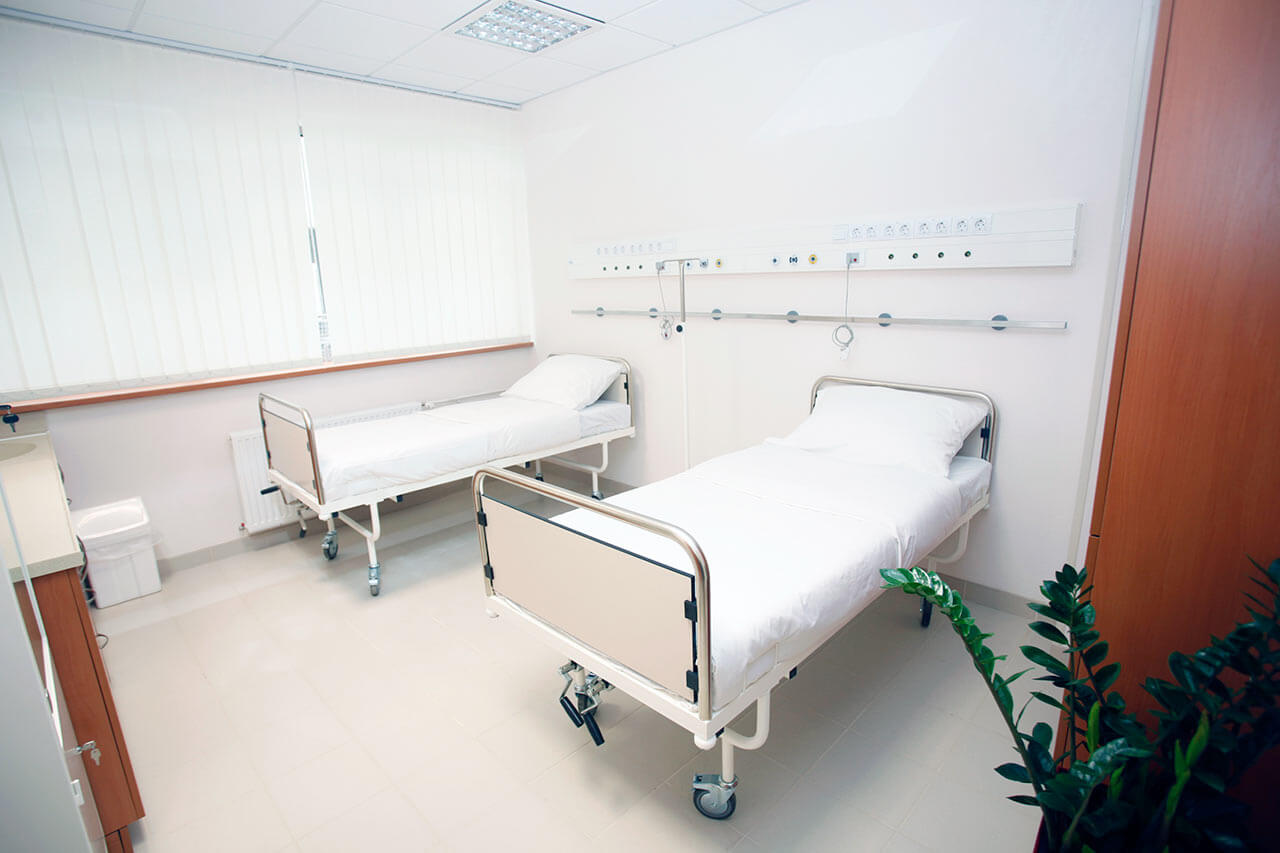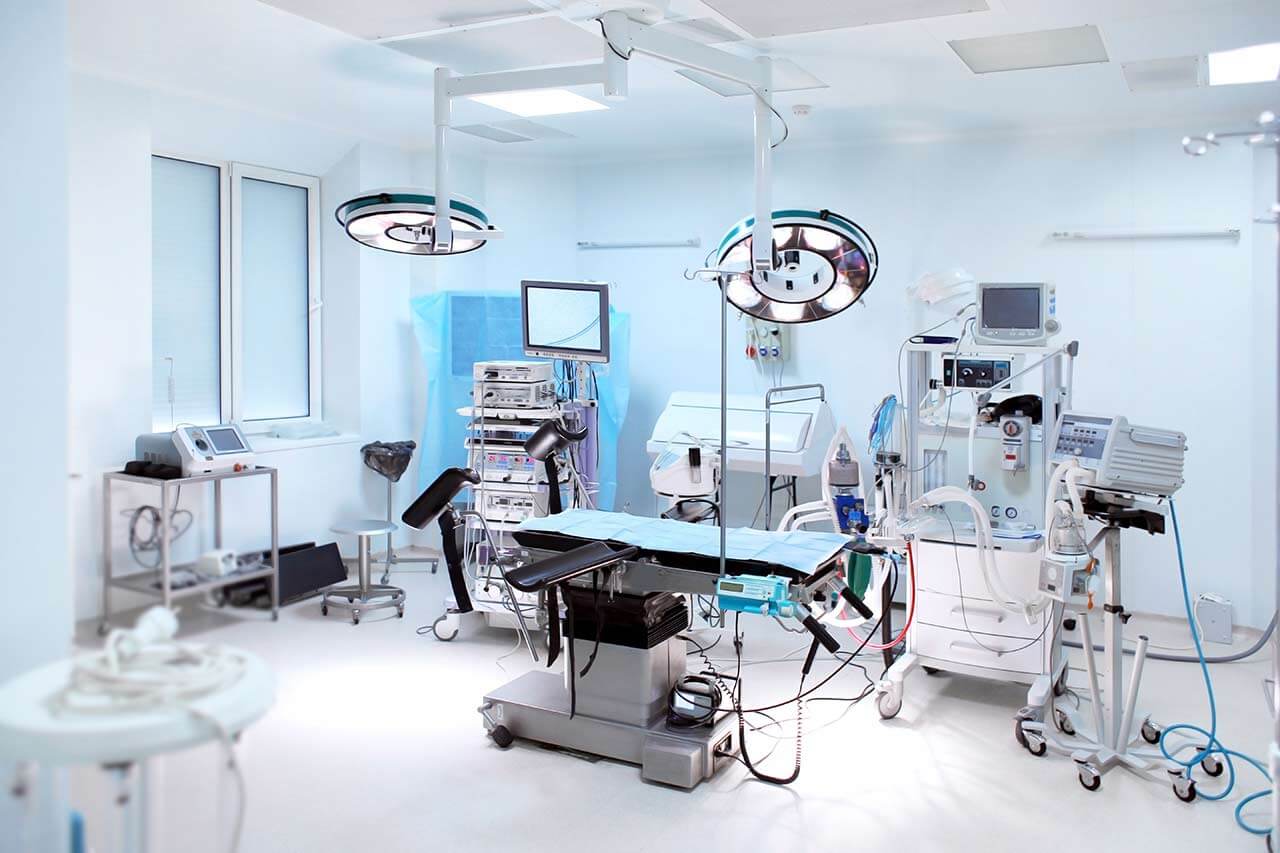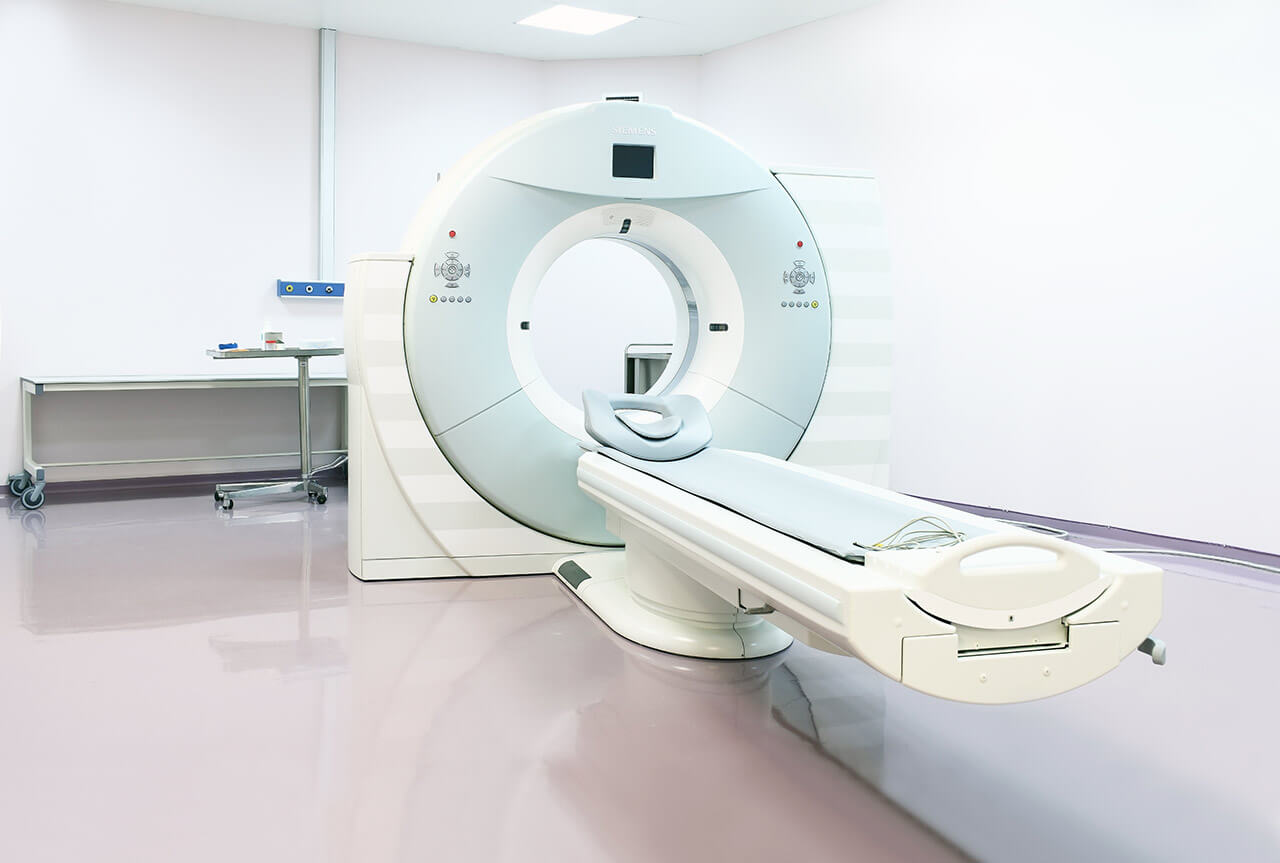
The program includes:
- Initial presentation in the clinic
- clinical history taking
- review of medical records
- physical examination
- laboratory tests:
- complete blood count
- biochemical analysis of blood
- thyroid function test (TSH-basal, fT3, fT4)
- mineral metabolism analysis (Na, K, Ca, Mg)
- lipid metabolism (HDL/LDL, cholesterol, triglycerides,
Lip(a), homocysteine) - iron content (ferritin, iron)
- blood coagulation analysis (aPTT, PT, INR)
- metabolic status (uric acid, total glucose, HbA1c)
- inflammatory parameters (CRP, ESR)
- cardiovascular disease risk markers
- lung function test (Spirometry)
- resting and exercise ECG
- vessel elasticity measurement
- Holter monitoring (24h)
- body fat and water examination
- color doppler echocardiography
- transesophageal echocardiography (tee)
- color doppler sonography of cerebral vessels
- closed ablation under 3-d mapping
- symptomatic treatment
- control examinations
- the cost of essential medicines and materials
- nursing services
- full hospital accommodation
- explanation of future recommendations
Required documents
- Medical records
- ECG (if available)
Service
You may also book:
 BookingHealth Price from:
BookingHealth Price from:
About the department
The Department of Cardiology at the Asklepios Hospital Barmbek Hamburg provides comprehensive diagnostics and treatment of the full range of cardiovascular diseases and concomitant internal diseases. The department's cardiologists specialize in drug therapy and interventional catheter-based treatment. State-of-the-art Cardiac Catheterization Laboratories serve to perform many effective interventional procedures that often replace traumatic open-heart surgery. The specialists successfully perform interventional procedures such as percutaneous transluminal coronary angioplasty, left atrial appendage closure with an occluder, cardiac resynchronization therapy, and defibrillator implantation. The department has a Chest Pain Unit where patients with acute coronary syndrome are admitted round the clock. The department boasts its advanced diagnostic infrastructure, including equipment for CT, MRI, and ultrasound scans of the heart, intravascular ultrasound scans, echocardiography, Holter ECG monitoring, fractional flow reserve measurement, etc. The health of patients is in the safe hands of a team of highly qualified specialists for whom the priority is effective and, at the same time, sparing treatment with due consideration of the patient's individual wishes and needs. The Head Physician of the department is PD Dr. med. Gerian Grönefeld.
The primary focus of the department's clinical activities is cardiac catheterization. Cardiologists have the opportunity to eliminate stenoses and obstructions of coronary arteries through the femoral artery without any traumatic chest incisions. To do this, the specialists perform percutaneous transluminal coronary angioplasty with subsequent stent implantation. In certain cases, these methods help to avoid aortocoronary bypass, which is open surgery with thoracotomy. This method is particularly valuable for elderly patients with comorbidities, for whom classical surgery may be contraindicated. The duration of percutaneous transluminal coronary angioplasty is about 1 hour. The therapeutic manipulation is performed under local anesthesia. After stent implantation, the patient is monitored for about a day, and the next day they are discharged.
The department has also gained vast experience in medical care for patients with heart rhythm disturbances (arrhythmias). One of the effective treatment options for arrhythmias in which the heart contracts too quickly or irregularly (for example, ventricular tachycardia or ventricular fibrillation) is the implantation of a cardioverter-defibrillator. The operating principle of the device is as follows: if the device registers a rhythm disturbance, it generates a series of electrical impulses to correct it. The intervention for implanting the cardioverter-defibrillator is not a major surgery and is performed under local anesthesia. A hospital stay after the procedure is only 2-3 days. After the intervention, the patient needs regular check-ups: 4-6 weeks after surgery, then every 3 months during the first year, and then every 6 months thereafter.
The medical facility performs catheter-based interventions for the implantation of pacemakers. This treatment is often indicated for patients with bradycardia, when the heart rate is less than 60 beats per minute. A pacemaker is a miniature device consisting of three elements, such as a computer, a battery, and from 1 to 3 electrodes. The pacemaker is implanted using catheter-based techniques under local anesthesia. The device is implanted under the collarbone, and the electrodes coming out of it are placed in the heart. The procedure of pacemaker implantation lasts 40-60 minutes.
The department's cardiologists also successfully perform cardiac resynchronization therapy (CRT), which is a special form of cardiac stimulation. The aim of this treatment is to improve heart performance. In addition to electrodes in the right atrium and right ventricle, cardiologists also insert an additional electrode in the left ventricle area, which allows specialists to improve the pumping function of the heart by synchronizing the pacemaker electrodes and, consequently, the heart contractions. As a rule, doctors resort to cardiac resynchronization therapy in cases of significantly reduced heart function or when left bundle branch block is detected. CRT can be combined with cardioverter-defibrillator implantation whenever required. This treatment option is usually considered on an individual basis.
The department's range of medical services includes:
- Diagnostics
- Echocardiography
- Electrocardiography
- 24-hour Holter monitoring
- 24-hour blood pressure monitoring
- Fractional flow reserve measurement
- Intravascular ultrasound examination
- Cardiac computed tomography
- Cardiac magnetic resonance imaging
- Treatment
- Drug therapy
- Catheter-based interventional treatment
- Transluminal coronary angioplasty with subsequent stent implantation
- Left atrial appendage closure with an occluder
- Patent foramen ovale closure with an occluder
- Atrial septal defect closure with an occluder
- Cardioverter-defibrillator implantation
- Pacemaker implantation
- Cardiac resynchronization therapy
- Other medical services
Curriculum vitae
Higher Education and Professional Career
- Medical studies, Goethe University Frankfurt.
- Medical studies and doctorate, University of Hamburg.
- 1981 - 1983 Alternative service (out-of-hospital care for the sick and infirm), Caritas Cologne, Cologne/Bonn.
- 1990 - 1991 Assistant Physician, Main-Taunus District Hospital, Hofheim am Taunus, Hesse.
- 2002 - 2005 Senior Physician, University Hospital Frankfurt am Main.
- Since 11.2005 Head Physician, Department of Cardiology, Asklepios Hospital Barmbek Hamburg.
Photo of the doctor: (c) Asklepios Klinik Barmbek
About hospital
The Asklepios Hospital Barmbek Hamburg is an academic hospital of the University of Hamburg. The hospital was opened in 2005, and today it is one of the best and most modern medical centers in Europe. The priority areas of specialization of the medical facility are emergency medical care and comprehensive treatment of cancer, urologic diseases, gastrointestinal diseases, and pulmonary diseases, as well as abdominal surgery and thoracic surgery. The hospital provides patients with top-class medical services that meet international standards.
The hospital has 620 beds. More than 36,000 inpatients and about 74,000 outpatients are treated here every year. The patients' health is in the safe hands of a highly professional team of over 1,600 doctors and nursing staff.
The hospital offers high-quality diagnostic and therapeutic services and strictly follows current clinical protocols. The hospital boasts modern infrastructure and state-of-the-art medical equipment. The hospital is one of the few in Europe where patients are successfully operated on using the da Vinci surgical system. The hospital also houses well-equipped endoscopy rooms, cardiac catheterization laboratories, laser surgery rooms, and operating rooms for arthroscopic interventions. All these technical resources contribute to effective and, at the same time, minimally traumatic treatment.
It is worth noting that the hospital has vast experience in serving international patients. According to the Medical Travel Quality Alliance (MTQUA), the Asklepios Hospital Barmbek Hamburg ranks among the top three medical centers worldwide for medical tourism.
The medical center also holds the international DIN EN ISO 9001:2015 quality certificate, attesting to the excellent medical services provided. For its outstanding achievements in oncology and surgery, the hospital has been awarded certificates from the German Cancer Society (DKG) and the German Society for General and Visceral Surgery (DGAV).
Photo: (с) depositphotos
Accommodation in hospital
Patients rooms
The patients of the Asklepios Hospital Barmbek Hamburg live in comfortable single and double rooms. Each patient room has an ensuite bathroom with a shower and a toilet. The patient room furnishings include an automatically adjustable bed, a bedside table, a table and chairs for visitors, a TV, a radio, and a telephone. Wi-Fi access is also available in the patient rooms.
Patients can also be accommodated in enhanced-comfort rooms, which additionally include a rest area with upholstered furniture and a working area with a desk and a reading lamp. The bathroom in the enhanced-comfort rooms includes necessary toiletries, changeable towels, bathrobes, slippers, and a hairdryer. The enhanced-comfort rooms correspond to the standards of a high-class hotel.
Meals and Menus
The hospital offers tasty and balanced meals. Patients receive several menus to choose from and can see the menu in advance using a special mobile application. The hospital takes patients' food preferences into account and offers a wide range of dietary and vegetarian dishes. Breakfast, lunch, and dinner are served in the patient's room.
There is a cozy cafeteria on the first floor of the hospital where one can enjoy a cup of aromatic coffee or delicious tea with a dessert. The cafeteria offers a wide selection of snacks and salads.
There is a small store on the territory of the hospital where one can buy fresh fruits, yogurts, sweets, and magazines.
Further details
Standard rooms include:
Religion
There is a prayer room on the first floor of the hospital where patients can find solitude for prayer.
The hospital has an evangelical pastor who is happy to talk with patients and support them in the process of their treatment.
Representatives of other religions are available upon request.
Accompanying person
Your accompanying person may stay with you in your patient room or at the hotel of your choice during the inpatient program.
Hotel
You may stay at the hotel of your choice during the outpatient program. Our managers will support you for selecting the best option.





